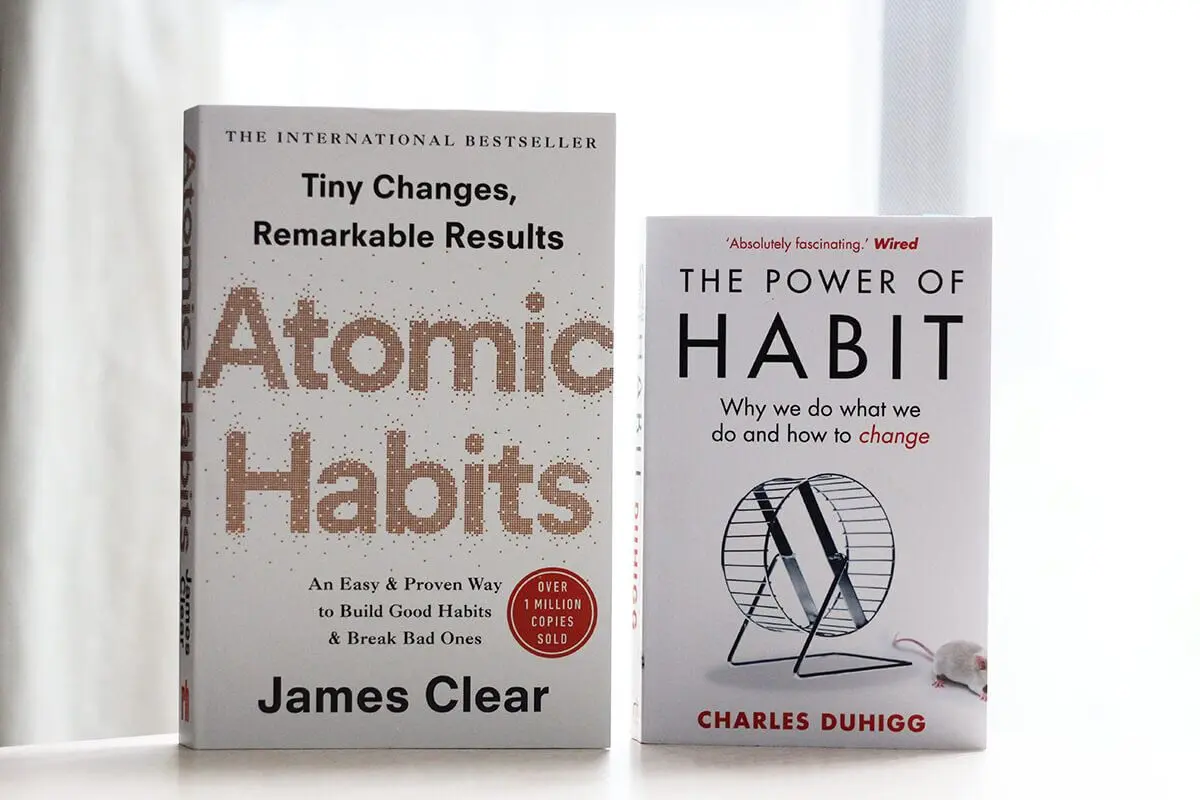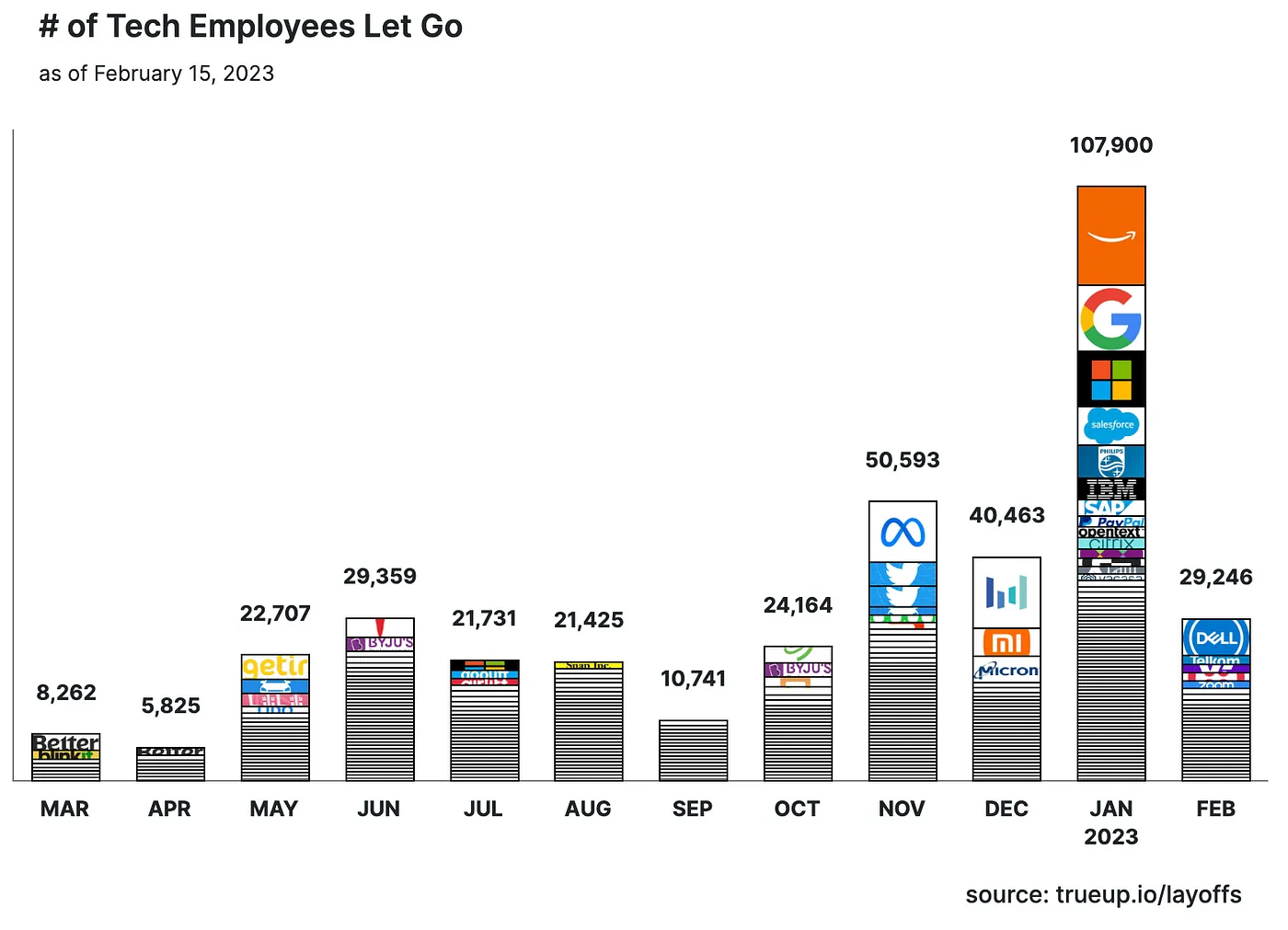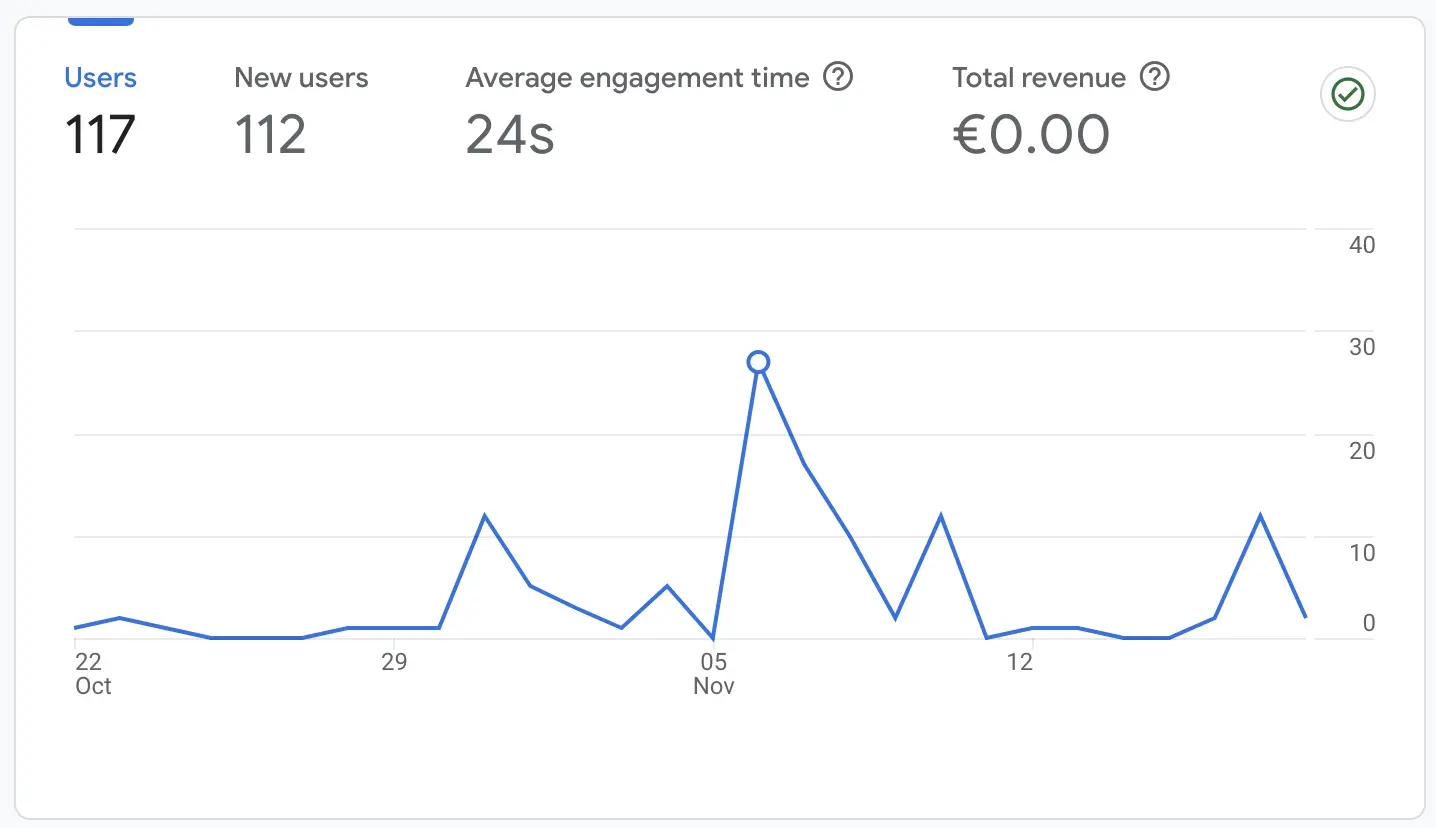This is probably going to be a trial and error experiment from which I'm hoping to land the correct format for my readers. So join me in the endeavor and feel free to share your thoughts in the form below.
The Power of Habit vs Atomic Habits

Recently I finished reading the "Atomic Habits" book, and earlier this year I dwelved into "The Power of Habit", I must say that both have been eye opening on different levels and they work in the same mindset as "The Compound Effect" by Darren Hardy.
tl;dr: small constant and continuous changes lead to massive and outstanding results.
Commonalities between "The Power of Habit" and "Atomic Habits":
- Focus on habit formation:
both books emphasize the importance of habits in shaping our lives and achieving personal and professional success.
- Habit loops:
both discuss the concept of habit loops, which include a cue, a routine (or response), and a reward. Understanding these loops is crucial for changing habits.
- Importance of small changes:
the authors stress the significance of making small, incremental changes to develop new habits and break old (bad) ones.
- Role of environment:
Duhigg and Clear both highlight the influence of environmental cues on habit formation and suggest that modifying one's environment can be helpful in establishing new habits.
- Real-life examples:
they include numerous real-life examples, case studies, and anecdotes to demonstrate the power of habits in various domains, such as business, sports, and personal development.
Differences between "The Power of Habit" and "Atomic Habits":
- Emphasis on scientific research:
"The Power of Habit" delves deeper into the science behind habits and their neurological basis, while "Atomic Habits" focuses more on practical strategies for habit change.
- In-depth habit framework:
"Atomic Habits" provides a more detailed, four-step framework for habit formation (cue, craving, response, and reward) compared to the three-step loop in "The Power of Habit" (cue, routine, and reward).
- Focus on breaking bad habits:
"Atomic Habits" offers more specific guidance on breaking bad habits, whereas "The Power of Habit" mainly discusses habit formation in general.
- Personal experience:
James Clear (AH) shares more of his personal experiences and stories in relation to habit change, while Charles Duhigg, the author of "The Power of Habit," mostly relies on research and other people's stories.
- Organizational habits:
"The Power of Habit" dedicates a portion of the book to discussing habits in organizations and their impact on success, while "Atomic Habits" focuses primarily on individual habit change.



